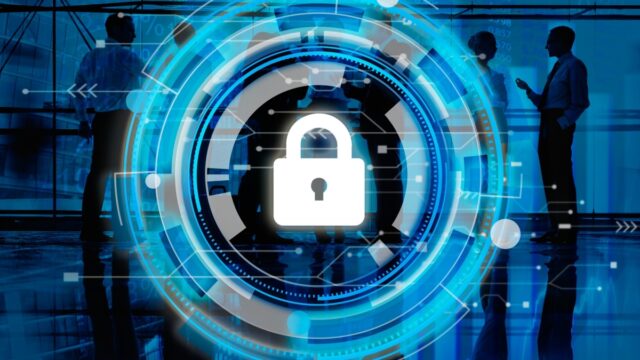If you are doing it right, having a website for your law firm can bring in new clients and take your brand to thousands of potential customers. But it can also attract a different group of internet users: malicious attackers.
A malicious attack occurs when an unauthorized person gains access to your site through unscrupulous channels. Their aim is usually to exploit data or forcefully take control and advantage of the site owner.
Cybersecurity is an ever-important issue in all industries, including the legal sector. And as more and more businesses strive to achieve an online presence, there’s a dire need for law firms to secure their websites from malicious attacks.
Law firms are among the most sensitive industries when it comes to cybersecurity. First, they possess confidential information such as evidence and client finances, which in the wrong hands, would have unimaginable damage and huge liability. Second, a malicious attack on a law firm can plummet its reputation and make potential clients skeptical about consulting their legal services.
According to cybersecurity statistics, 41% of consumers say that they are likely to stop doing business with a business that has been a victim of these attacks. Here are some of the top measures you can take to secure your law firm website from hackers:
Use Strong and Secure Passwords
Contents
Lazy passwords are easy to guess, while strong passwords make it difficult for an attacker to force their way into your site.
Avoid obvious choices like your name, date of birth, the famous “qwerty” pattern, and so on. Instead, use a combination of symbols, letters, and numbers to create a strong and long password.
Multi-factor authentication is also a successful strategy, especially if multiple people access your law firm website. Here, the user is required to provide an additional piece of information or authentication besides the password to prove that they are the rightful account owner.
Consider encrypting passwords and sensitive client information to make it hard to access by hackers.
Update Website Software
Software companies are regularly updating their products to introduce new functionality and security features. If the software running your website is outdated, an attacker might find a backdoor and access your data without permission.
Perform regular reviews and analyses of your site to identify software that needs updating. To make it easier, you can draft a schedule and set a reminder to check for these updates. This is especially important for big updates that can interrupt your work.
Remember to have a backup of your website when performing these updates just in case they cause a fault and the new site can no longer run properly.
Scan Files Before Downloading and Uploading
What information does a car accident attorney, personal injury lawyer, or divorce attorney have that an attacker would want so badly? You guessed right.
Malicious attackers are not only the large-scale cases that make it to the news. They also include small-scale hackers who are bent on accessing specific information with ill motives.
Some of the measures you can take to prevent attacks through files include the automatic renaming of files after uploading to make it harder for hackers, verifying file formats before upload or download to identify suspicious files, and setting a file limit size.
Train Employees
Finally, all of the above measures might not bear the expected results if your employees are not aware of the cyberthreats they face and how to protect themselves while at work.
With a significant number of cyberattacks occurring due to human error, employers must train staff members about the risks and prevention measures. Remember, this should not be a one-time thing because as security technology advances, so do the attackers’ tools.


